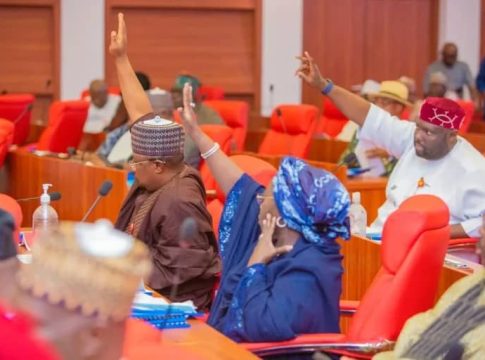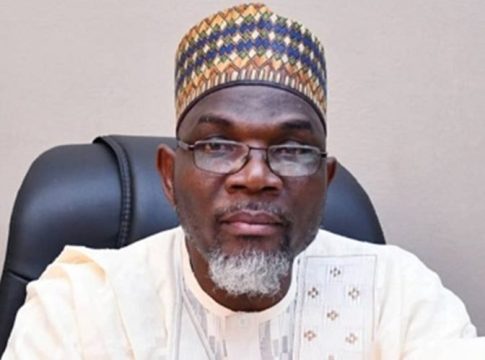President Bola Tinubu has assured organized labor that a new national minimum wage bill is set to be presented to the National Assembly soon. This announcement came as part of his Democracy Day address on June 12, 2024.
Highlighting a cooperative approach with organized labor, President Tinubu stated, “In alignment with our discussions with Organized Labour regarding a new national minimum wage, we are preparing an executive bill for the National Assembly to codify the consensus achieved, aiming for enactment within the next five years or sooner.”
In response to the labor strike initiated on June 3, 2024, President Tinubu made it clear that no leaders from the Nigeria Labour Congress (NLC) or the Trade Union Congress (TUC) faced arrest or intimidation. “Instead, we extended an invitation to labor leaders to engage in constructive dialogue aimed at reaching a mutually satisfactory resolution,” he explained, emphasizing the democratic principles of reasoned dialogue and compromise.
Addressing the Nation’s Economic Challenges
Acknowledging the current economic hardships, President Tinubu assured Nigerians that the government’s reforms are designed to lay a more robust foundation for economic growth and prosperity. “Despite the short-term difficulties these reforms have introduced, they are fundamental to revitalizing our economy, ensuring equitable access to economic opportunities and fair compensation,” he asserted.
Negotiations and Road to a New Minimum Wage
The journey towards implementing a new minimum wage has been ongoing, prompted by the expiry of the 2019 Minimum Wage Act which set the minimum wage at ₦30,000 and called for a revision every five years.
READ MORE: Nigerian Lawmakers Propose Single 6 -Year Term For President, Governors
In January, President Tinubu initiated a Tripartite Committee involving Organized Labour, government representatives, and the Organized Private Sector to negotiate a new wage. Despite initial disagreements leading to a nationwide strike on June 3, 2024, dialogue resumed following labor’s decision to pause the strike on assurances from the President of a commitment to a wage adjustment.
Further discussions saw labor revising their wage demand and the government proposing an increase. With both parties yet to finalize an agreement, they have presented their positions to the President for a decisive executive bill to be proposed to the National Assembly, setting the stage for a new minimum wage legislation.




